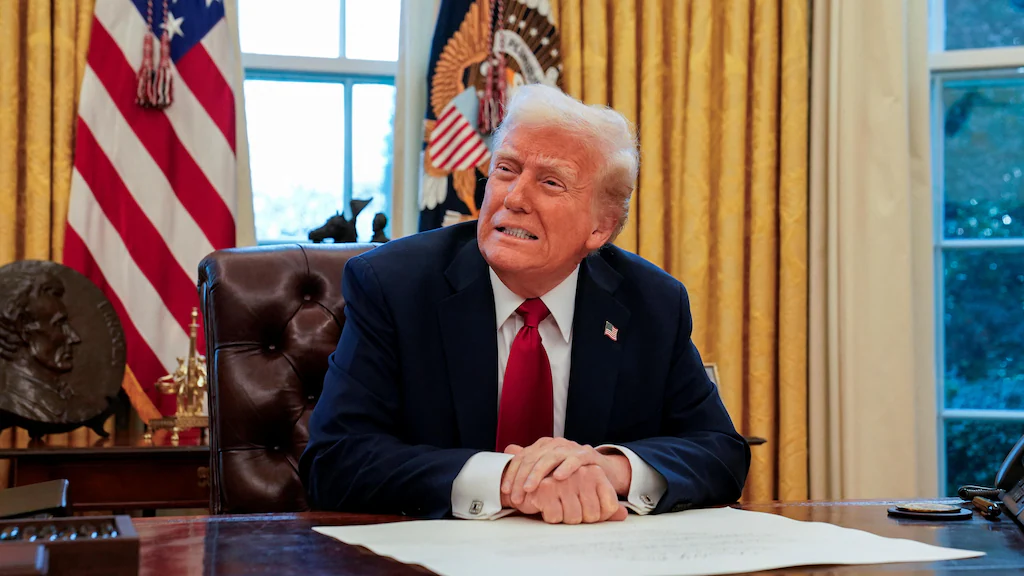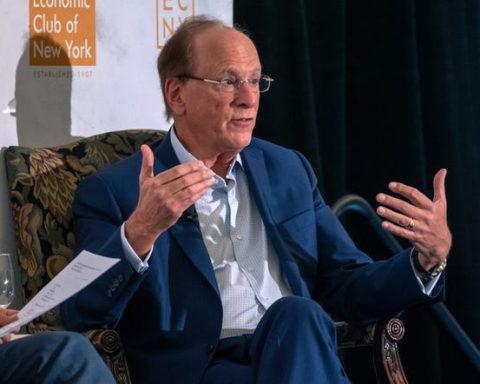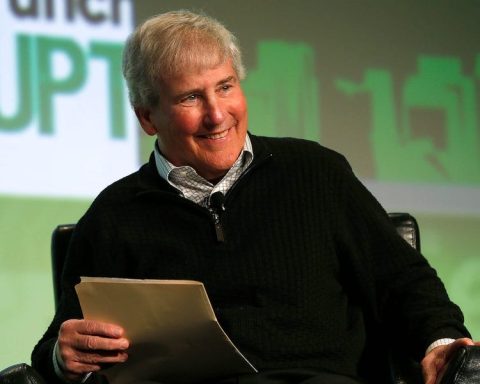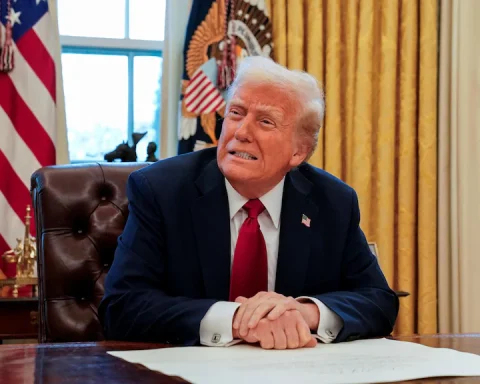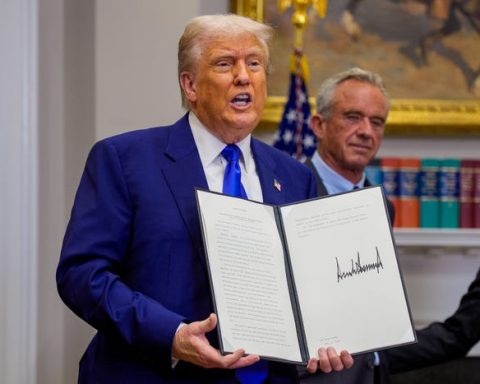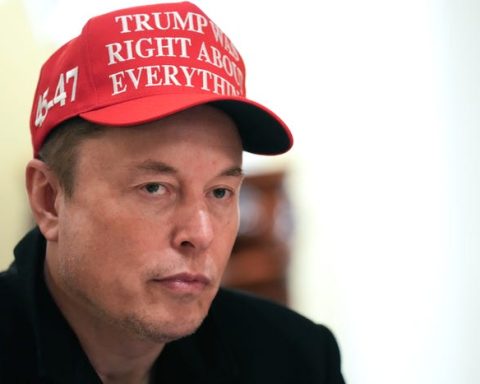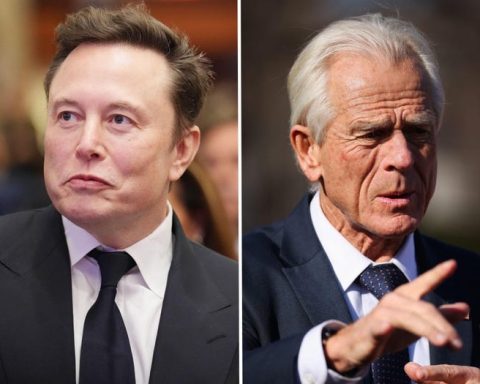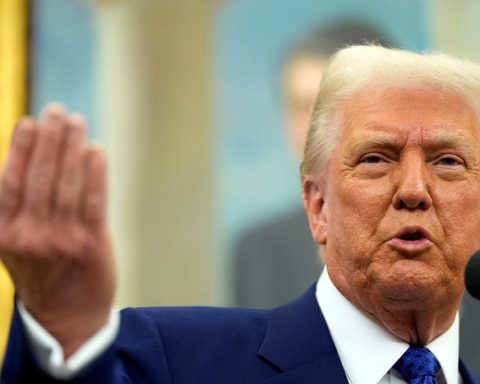Former President Donald Trump criticized Ukrainian President Volodymyr Zelensky in a Truth Social post on Wednesday, branding him a “dictator” and asserting he has “done a terrible job” managing Russia’s invasion. This statement follows Zelensky’s comments that accused Trump of embracing “disinformation” during discussions aimed at resolving the protracted conflict.
Key Facts
In his Truth Social post, Trump warned Zelensky to act quickly or risk losing his country, insinuating that Zelensky desires to maintain a flow of military aid while not genuinely seeking a resolution to the war. Trump also referred to Zelensky as a “dictator” who “refuses to have elections,” a claim that misrepresents the situation; Zelensky was elected in 2019, and Ukraine’s elections in 2024 have been postponed due to martial law since the invasion began.
Zelensky expressed a desire for Trump’s team to be more accurate in their portrayal of the war, particularly in response to Trump’s recent false assertions, including that Ukraine should never have initiated the war and a misleading claim of Zelensky having a 4% approval rating, despite a February poll indicating 57% support for him among Ukrainians.
Additionally, Trump has initiated attempts to mediate a peace agreement between Russia and Ukraine, claiming to have had a “lengthy and very productive” conversation with Russian President Vladimir Putin, while U.S. and Russian officials met in Saudi Arabia to discuss improved relations and a potential resolution to the conflict. However, Zelensky stated that Ukraine was unaware of this meeting and emphasized that any peace deal without Ukraine’s involvement would not be accepted.
Chief Critic
Former Vice President Mike Pence criticized Trump’s implication that Ukraine bears responsibility for the war, stating that Russia’s invasion was unprovoked and caused countless casualties. He affirmed the need for a peace process based on truth. Sophie Primas, a spokesperson for the French government, remarked that Trump’s assessments of the war were “diverse, varied, and often incomprehensible,” expressing confusion over the rationale behind laying blame on Ukraine.
Key Background
As the war in Ukraine approaches its third anniversary since Russia’s invasion on February 24, 2022, figures from both sides have emerged, with significant casualties reported. President Biden’s administration has been a strong supporter of Ukraine, providing substantial military aid and imposing sanctions on Russia. Within the Republican party, sentiments have shifted, with some members, including Trump, advocating for a reevaluation of U.S. support for Ukraine. Trump has asserted he could have prevented the war from starting and promised to end it if re-elected.
What Happened At The Meeting Between Russia And The U.S.?
In a four-hour meeting on Tuesday, U.S. and Russian officials agreed to collaborate on ending the war and exploring partnership opportunities. This summit indicates a possible shift towards Russia-friendly policies if Trump were to serve a second term, contrasting sharply with the current administration’s strategy. The terms of a potential agreement remain undefined, but both sides have set forth demands: Ukraine seeks ongoing defense support and NATO membership, while Russia insists on recognition of four regions in Eastern and Southern Ukraine as part of Russia and opposes Ukraine’s NATO aspirations.
